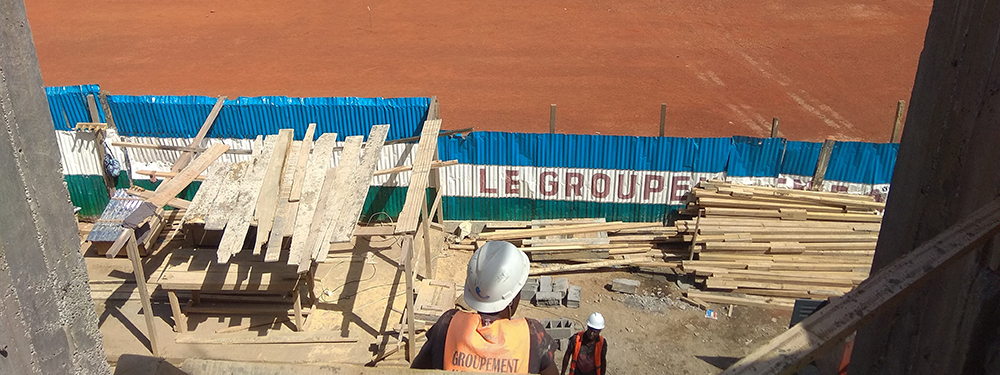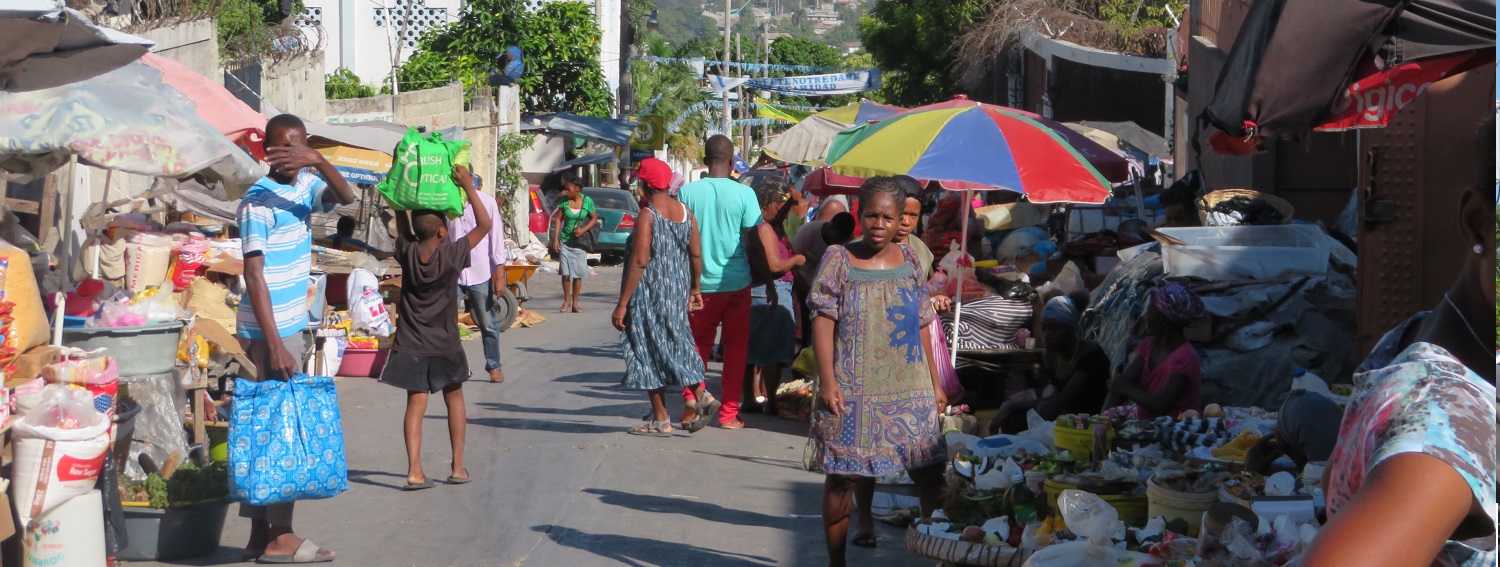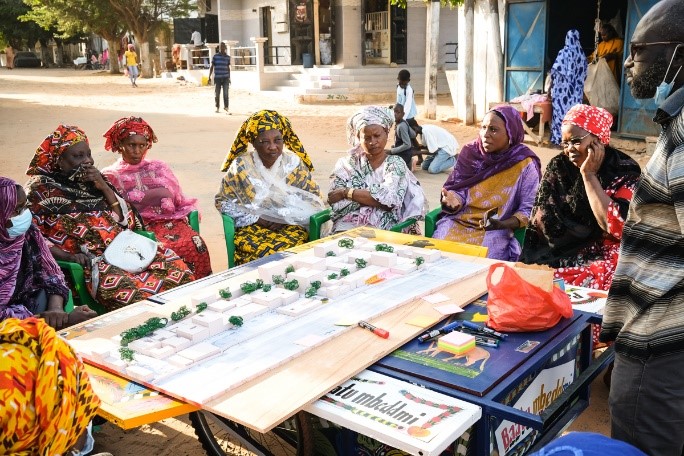GRET has been present in the Central African Republic since 2018 and is participating in the recovery of social and economic development with projects to renovate and construct urban infrastructures.
Promoting local economic redistribution and social cohesion through the renovation of public infrastructures, such is the objective of the Labour-intensive infrastructure works being carried out in Bangui, the Central African capital. To achieve this objective, the Ministry of Urban Planning, the City and Housing (MUVH) and its delegated project management body, the Office of public works (Agetip), called upon GRET for the urban and social planning component of two infrastructure construction and renovation projects in Bangui: the Project for social and economic reconstruction in urban areas (Presu) and the Promotion of local and environmental initiatives for flood management (Pilegi).
The labour-intensive approach in the Central African context
Bangui, the economic and political capital of the Central African Republic, is under-equipped in terms of urban services and is marked by significant social and spatial divides as a consequence of the 2012-2015 ethnic and religious crises. This is the context in which the Central African State, supported by Agence française de développement (AFD), decided to construct and renovate public infrastructures via the labour-intensive approach. These major works make it possible to improve access to basic services (sanitation, schools, health centres, roads, markets, etc.) and to promote local economic reconstruction and social cohesion while enabling the return of public action in neighbourhoods.
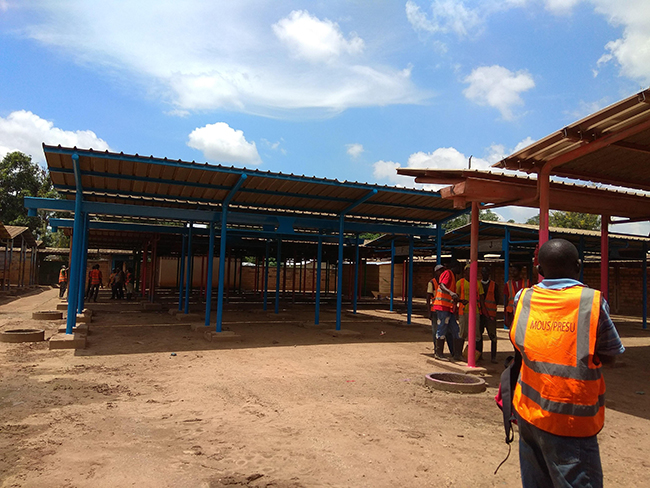
By working with small businesses and a local workforce from disadvantaged areas, the labour-intensive approach enables intelligent economic redistribution. When young people of various religious denominations work together around a common objective, they tend to focus on reducing conflicts and maintaining peaceful relations. Lastly, strong participation of local populations in the infrastructure works enables better appropriation and sustainability of developments carried out.
Social support for works carried out by GRET
To achieve the project objectives, GRET is facilitating implementation of the works by ensuring intermediation between all stakeholders mobilised in the labour-intensive infrastructure works, such as State and local authorities, communities, businesses and beneficiaries. The social and urban project management missions focus on several areas such as provision of information and awareness-raising among local populations, support to businesses for implementation of a social approach to works, mediation between the business and local communities for recruitment and monitoring of workers, conflict management and dialogue on work sites with a view to promoting social cohesion, and supporting workers to save and train.
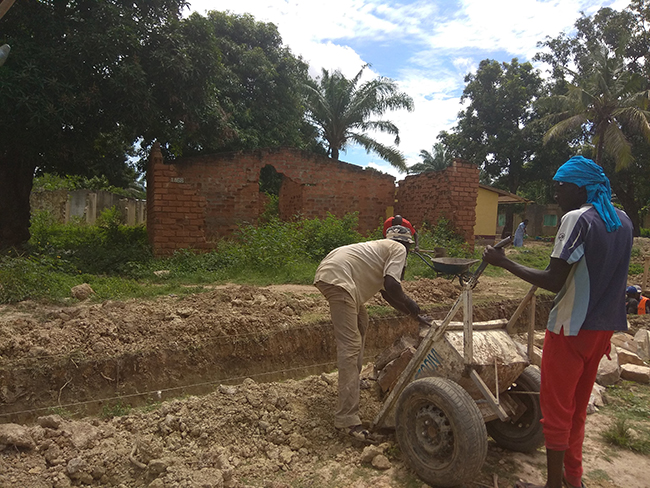
In 2021, GRET will continue to support the MUVH, micro-businesses and civil society organisations with the implementation of a fund to support environmental initiatives in several districts of the city. This fund, which will be implemented as part of the Pilegi project, will enable support of micro-projects for urban improvements in the area of sanitation and plastic waste management, alongside renovation of urban drainage infrastructures.

